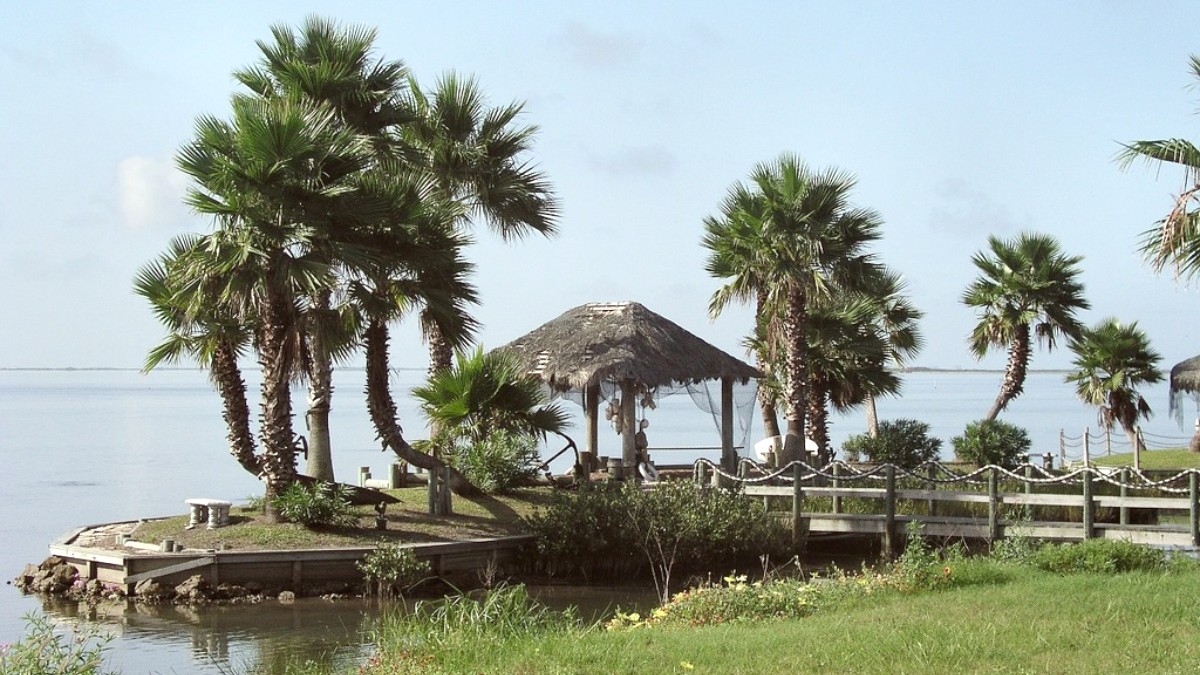
Sumatra, Indonesia
West Sumatra features national parks, like the vast Kerinci Seblat National Park.
Waste management poses a significant challenge in Indonesia; littering remains common.
Water resources are abundant due to high rainfall. Responsible use is always encouraged.
Contribute positively to environmental sustainability during your travels.
Consider offsetting your flight emissions through reputable carbon offset programs to mitigate environmental impact.
Seek out accommodations committed to environmental sustainability. Look for eco-friendly practices.
Choose tour operators who prioritize environmental protection and local guides educating on preserving nature.
Minimize waste through reduced consumption, avoiding single-use plastics, and responsible trash disposal in designated bins.
Purchase outdoor gear from environmentally responsible brands that prioritize ethical production.
PatagoniaSupport conservation organizations actively working to protect forests and natural habitats.
The Rainforest SiteYour spending choices directly shape the local economy and environment.
Support local artisans and cultural performances. Purchase authentic crafts directly from creators.
Dress modestly. Ask permission before photographing individuals. Use your right hand for greetings or giving items.
Always ask permission before taking close-up photos of individuals. Respect their decision if they decline.
Remove your shoes before entering mosques or temples. Women should cover their heads, shoulders, and knees.
Avoid public displays of affection. This applies to all couples in conservative areas.
Political or religious topics are best avoided unless initiated by locals you know well.
Do not point with your feet. Always use your right hand for giving or receiving items, and for pointing.
Your spending choices directly influence the local economy.
Support local homestays or community-run tours when available, notably in rural areas.
Purchase souvenirs and crafts directly from local artisans or fair-trade shops.
Eat at local warungs (eateries), shop at local markets, and use local transport like angkots or ride-sharing apps.
Do not engage in activities that exploit animals, like unethical animal tourism. Be wary of scams that prey on tourists.
When donating, contribute to reputable local charities or community development projects.
Research local NGOs working on education, health, or environmental causes for specific impact.
Direct giving to beggars sometimes perpetuates cycles of poverty or encourages begging.
Avoid any tourism activities that compromise animal welfare or involve exploitation.
Conscious choices contribute to a positive footprint in Padang and West Sumatra.